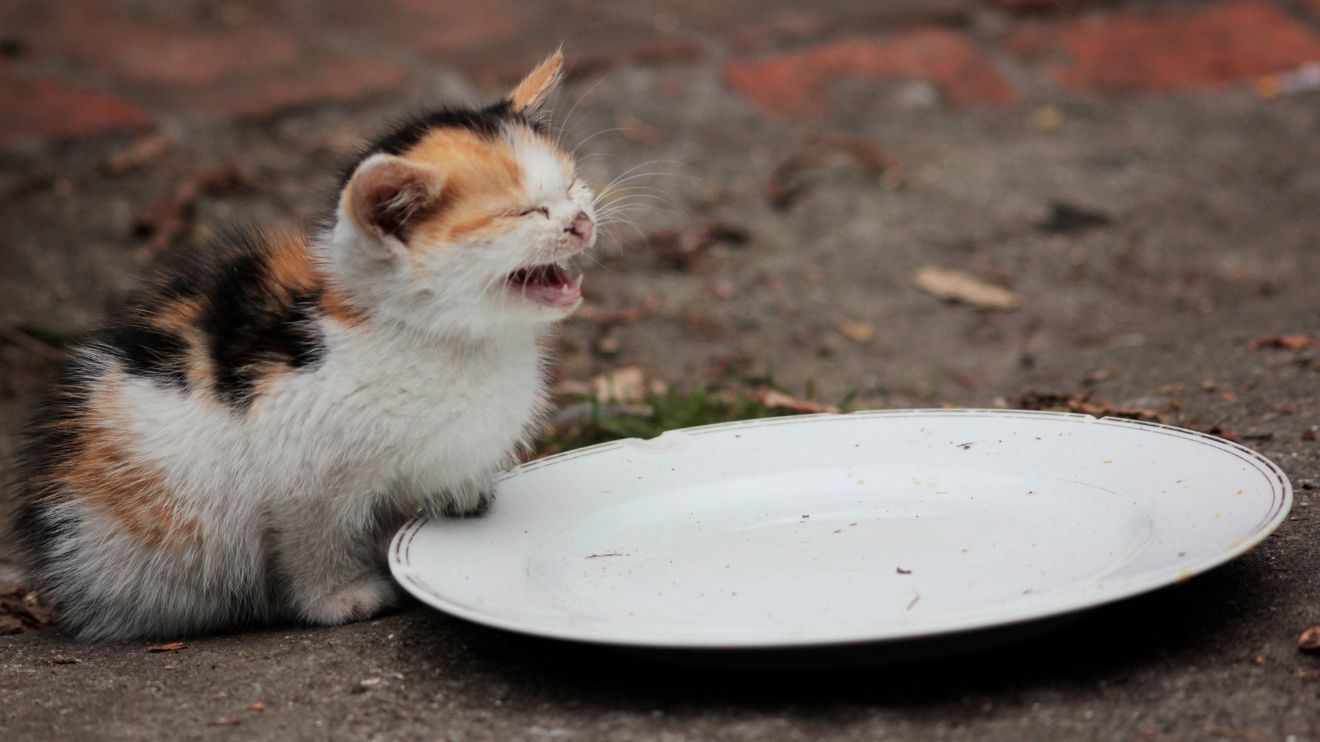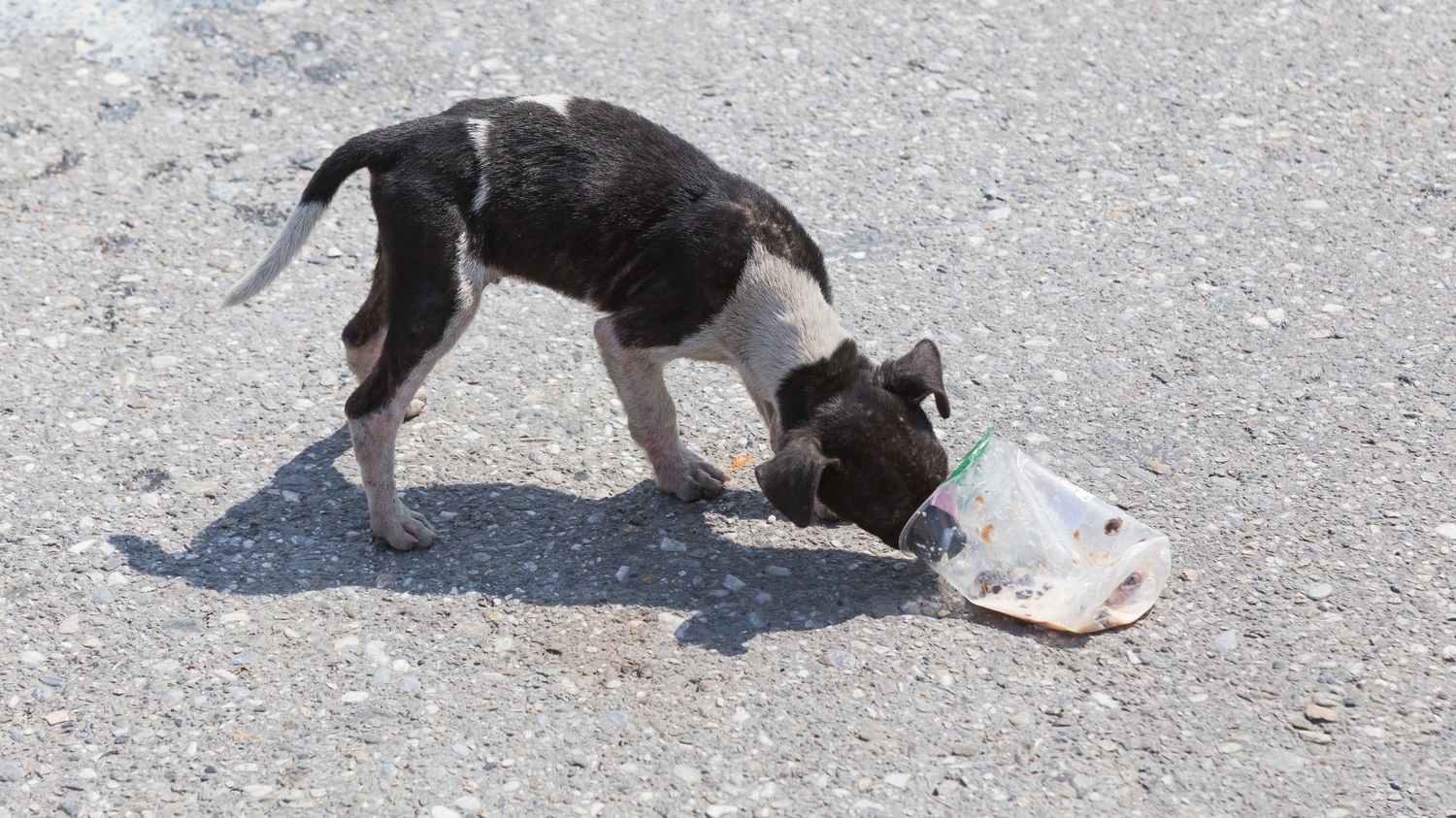The Covid-19 virus continues to impact animals, both in the wild and in captivity. For the first time, the virus has been detected in hippos at a zoo in Belgium. Francis Vercammen, the zoo’s veterinarian, said:
“To my knowledge, this is the first time in this species. Worldwide, this virus has been reported mainly in great apes and felines.”
According to the Antwerp zoo, two hippos have tested positive, and have minimal symptoms. Aside from runny noses, Imani, age 14, and Hermien, 41, appear to be doing well. The hippos were placed into isolation as a precautionary measure. It is unknown how the animals contracted the virus as none of their caretakers have symptoms, or tested positive.
And on Monday, December 6, the Pittsburgh Zoo reported that two of their tigers were symptomatic and had tested positive for the virus. The tigers are reported to have loose stool and occasional coughing, but they have maintained good appetites. It is surmised that an asymptomatic employee passed the virus to the big cats.

In November, three snow leopards died from Covid-19 complications at a zoo in Nebraska.
Covid-19 continues to impact a wide variety of animals, from deer to lions, tigers, mink, dogs, and more. The fact that Covid-19 has animal reservoirs poses problems for stopping the virus from mutating and circulating in the world. An immunologist in California surmises that the latest Omicron variant is the result of the virus’ evolution in an animal species.
Kristian Andersen, an immunologist at the Scripps Research Institute, told STAT News:
“I know that most people think that these [come from] immunocompromised individuals, and I do think that that’s plausible, but to be perfectly honest, I actually think this reverse zoonosis followed by new zoonosis seems more likely to me given just the available evidence of the really deep branch, and then the mutations themselves, because some of them are quite unusual.”
And even widespread vaccination of the world’s population is unlikely to eradicate Covid-19 because of these animal reservoirs. Deadly diseases in the past, which were successfully controlled by widespread vaccination, include Polio, Pertussis, Measles and Mumps – all are “human diseases” meaning that they have no animal reservoir. You can read more about disease eradication at this link to the History of Vaccines.
[email-posts-subscribers namefield=”YES” desc=”GET EMAIL UPDATES WHEN WE POST” group=”Public”]




